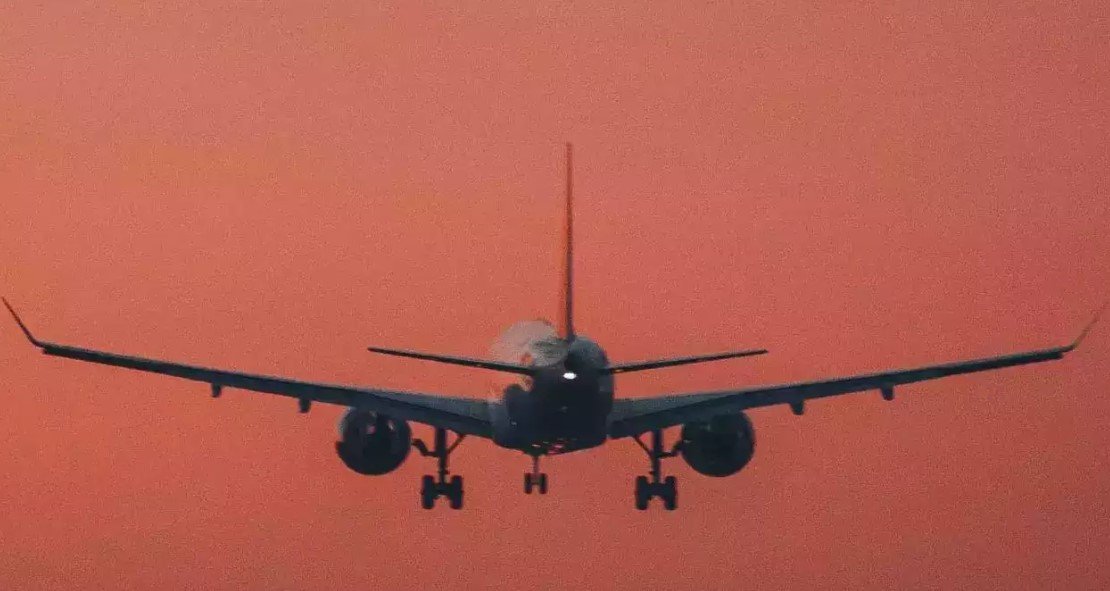GPS spoofing is a form of cyberattack that involves sending false signals to a GPS receiver, causing it to display an incorrect location or time. GPS spoofing can be used for various malicious purposes, such as disrupting navigation systems, stealing sensitive data, or creating confusion and chaos.
GPS spoofing is especially dangerous for aviation, as it can affect the accuracy and reliability of the aircraft’s navigation system, which relies on GPS signals to determine its position, speed, and direction. GPS spoofing can cause the aircraft to deviate from its intended route, lose situational awareness, or even collide with other aircraft or obstacles.

How did GPS spoofing target 20 aircraft over Iran?
According to a report by the OPS Group, which focuses on flight safety, over the past two weeks, more than 20 commercial and private jets flying over Iran have been targeted by GPS spoofing attacks. These attacks were carried out by sending fake GPS signals from the ground, which overpowered the true satellite signals and misled the aircraft’s navigation system.
Most of the GPS spoofing incidents occurred along airway UM688 in Iran’s airspace, which is a busy route used by many airlines for flights to and from Europe, Asia, and the Middle East. The aircraft targeted included Boeing 777s, 737s, and 747s.
One of the most severe cases involved a Boeing 777 that was led so far off course that the crew had to ask Baghdad Air Traffic Control, “What time is it, and where are we?” The crew also reported that their inertial reference system, VOR/DME sensor inputs, and UTC clock failed due to the GPS spoofing.
What are the possible motives and consequences of GPS spoofing over Iran?
The motives behind the GPS spoofing attacks over Iran are not clear yet, but some experts have speculated that they could be related to the ongoing tensions between Iran and its regional rivals, such as Israel and Saudi Arabia. Some have also suggested that the attacks could be a form of retaliation for the US sanctions on Iran or a way of testing Iran’s capabilities and vulnerabilities in cyberspace.
The consequences of GPS spoofing over Iran could be catastrophic for both civil and military aviation. GPS spoofing could compromise the safety and security of passengers, crew, and cargo on board the affected aircraft. It could also disrupt the normal operations of air traffic control and airspace management in the region. Moreover, GPS spoofing could escalate the risk of conflict or misunderstanding between different countries or factions in the Middle East.
How can GPS spoofing be prevented or detected?
GPS spoofing is a complex and evolving threat that poses a serious challenge for the aviation industry. However, there are some possible ways to prevent or detect GPS spoofing attacks, such as:
- Using encrypted or authenticated GPS signals that are harder to counterfeit or manipulate.
- Developing alternative or backup navigation systems that do not rely solely on GPS signals, such as inertial navigation systems or ground-based radars.
- Implementing anti-spoofing algorithms or devices that can detect anomalies or discrepancies in the GPS signals received by the aircraft.
- Enhancing the awareness and training of pilots and air traffic controllers on how to identify and respond to GPS spoofing incidents.
- Increasing the cooperation and coordination among different stakeholders in the aviation sector, such as airlines, regulators, manufacturers, and security agencies.
